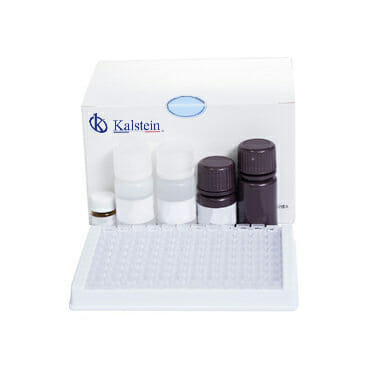Laboratory reagents are chemicals used by scientists to conduct their research experiments. Laboratory reagents are chemical materials specially designed or formulated for use in the performance of different chemical or biochemical tests in laboratories for the analysis of materials.
These reagents play an important role in the analysis of samples and have the ability to determine the presence or exact amount of a given substance in a mixture. Chemical reagents can be used for the identification of materials, the determination of the concentration of some substances in a mixture, the determination of the approximation of chemical elements in a sample, the identification of isotopes or inorganic compounds, and the purification of substances.
Types of laboratory reagents
These reagents can be organic or inorganic reagents, each for a specific purpose. Organic reagents specialize in the extraction, synthesis and purification of organic substances. These susceptible to corrosion, often contain a high content of impurities and must be treated with acidic or basic materials to ensure physical stability and reagent performance. Common examples include sodium acetate, ethanoic acid, and ethylene glycol.
Inorganic reagents are mainly used to study chemical reactions between inorganic compounds. These reagents require extremely high temperatures during mixing and include sodium azide, nitric acid, and sodium chloride. Laboratory reagents can be organic or inorganic and are used to study and conduct chemical reactions. Finally, the laboratory reagents come in the form of solutions and are kept at a suitable temperature to avoid unexpected reactions. For all these reasons, laboratory reagents are absolutely essential to maintain the safety and accuracy of experiments conducted by scientists.
Other presentations in which we can find the reagents
Laboratory reagents can also be found as solutions to accelerate chemical reactions. These reagent-based solutions are obtained from different sources, such as industrial chemical production, distillation or solid phase. These solutions are used to dissolve compounds or subject to chemical reactions.
One of the main objectives of a laboratory reagent should be its stability. Stability tests should be done to determine the duration of their chemical properties and reactions. These tests measure the rate at which a reagent can react with a variation in temperature, pressure, pH, light, or other external factors. These tests are essential to verify the accuracy of the results of experiments performed by the scientist.
Quality requirements to be met by laboratory reagents
In order for reagents to be truly functional they must meet certain conditions that guarantee their functionality, such as their stability, laboratory reagents must also meet quality requirements. The reagents must pass a series of quality checks to ensure that they meet the non-hazardous, non-toxic and non-flammable criteria. These regulations are important to keep laboratory environments safe and efficient. Many laboratory reagents usually come in gallons or bottles with a regulatory support to keep them at the right temperature.
This helps to maintain the stability of the reagent and avoid any unexpected reaction. In addition, reagents should be labeled with a high-level label so that scientists know their names and which specific reagents to use for each experiment. In short, laboratory reagents are essential to ensure the safety and accuracy of experiments conducted by scientists. They are specific chemicals developed to meet certain stability and quality requirements.
What Kalstein offers you
The quality of the results obtained during the analysis depends to a large extent on the quality and accuracy of the laboratory reagents used. This is especially important when it comes to ensuring the quality and safety of the final product. Some of the most common laboratory reagents include acids, bases, salts, solvents, buffer solutions, and specific reagents. Some of the specific reagents are used to detect the presence of certain compounds, such as staining dyes, spectrophotometry reagents, and inorganic chemical bonds.
The most important thing in a well-equipped laboratory is to have a wide assortment of reagents suitable for chemical and biochemical tests. This will ensure that the results obtained are accurate and accurate. It is always recommended that any laboratory reagent be used only once, for safety reasons and to avoid cross-contamination between samples. If the reagents are used correctly, they can provide accurate and useful results for research or for the production of chemical and biological products., and this is only possible through the reagents that only we at KALSTEIN have for you, we visit on our website HERE and you can enjoy great offers, prices without competition, and only we as MANUFACTURERS can guarantee your effective purchase. HERE




